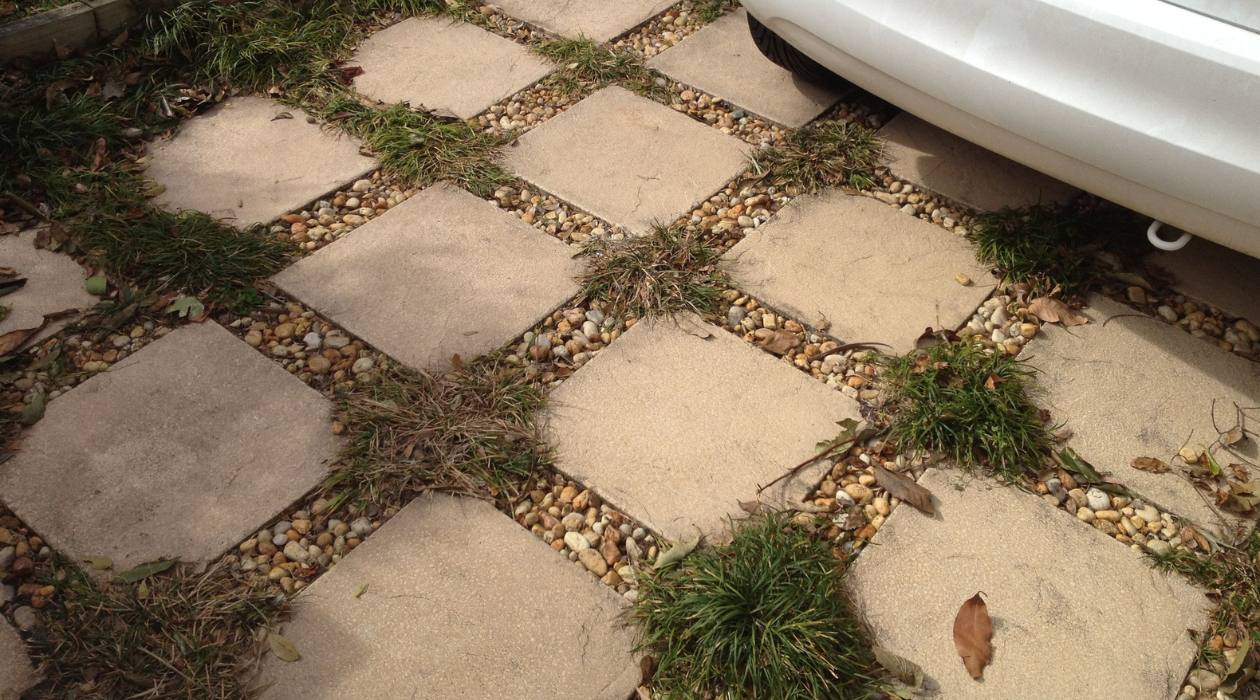

Articles
What Is The Cheapest Type Of Driveway?
Modified: February 23, 2024
Looking for the cheapest type of driveway? Read our articles for expert advice and cost-effective options that won't break the bank.
(Many of the links in this article redirect to a specific reviewed product. Your purchase of these products through affiliate links helps to generate commission for Storables.com, at no extra cost. Learn more)
Introduction
A driveway is an essential feature of any home, providing access to your property and serving as a functional and aesthetic element. When it comes to choosing the right type of driveway for your home, cost is a crucial factor to consider. Many homeowners are keen to find the cheapest type of driveway that still offers durability, functionality, and visual appeal.
In this article, we will explore various options for affordable driveways and discuss the pros and cons of each. By understanding the different materials available, you can make an informed decision that suits your budget and meets your specific requirements.
It’s important to note that the cost of a driveway is determined by various factors, including the size of the area, local labor and material costs, and any additional features or customization you may require. However, we will focus on the average cost and benefits of each driveway type to give you a general idea of the most economical options.
Now, let’s delve into the different types of driveways and find out which one is the cheapest!
Key Takeaways:
- Paved asphalt driveways offer an affordable and low-maintenance option, making them popular among homeowners seeking a cost-effective solution. With proper maintenance, they can provide years of reliable service.
- When choosing a driveway material, consider factors such as budget, durability, maintenance, aesthetics, functionality, environmental impact, and local regulations. Consulting with professionals can help you make an informed decision based on your specific needs and circumstances.
Paved Asphalt Driveways
When it comes to affordability, paved asphalt driveways are often the top choice for homeowners. Asphalt is a mixture of stones, sand, and bitumen, a sticky black petroleum-based substance. It is widely used for its durability, low maintenance requirements, and relatively low installation costs.
One of the main advantages of asphalt driveways is their cost-effectiveness. On average, asphalt driveways cost around $2 to $5 per square foot, making them one of the most affordable options available. Additionally, asphalt driveways can be installed relatively quickly, saving you both time and money on labor costs.
Another cost-saving aspect of asphalt driveways is their ease of maintenance. With regular sealing and occasional repairs, an asphalt driveway can last up to 20 years or more. This longevity helps minimize replacement and repair expenses, further contributing to its affordability.
Aside from its economic benefits, asphalt driveways also offer other advantages. They provide a smooth and comfortable driving surface, making it easier to maneuver vehicles and reducing wear and tear on tires. Asphalt is also resistant to harsh weather conditions, such as freezing and thawing cycles, which helps prevent cracking and damage.
However, it’s important to note that asphalt driveways may require periodic resealing or resurfacing to maintain their appearance and durability. Additionally, they may be prone to damage from heavy vehicles or sharp objects, so it’s essential to exercise caution when using heavy equipment or parking vehicles with sharp edges on the driveway.
In summary, paved asphalt driveways offer an affordable option for homeowners looking for a cost-effective and durable driveway solution. With proper maintenance, an asphalt driveway can provide years of reliable service. However, it’s worth considering the specific needs of your property and consulting with professionals to determine if asphalt is the best choice for your driveway.
Gravel Driveways
Gravel driveways are another economical option for homeowners on a budget. Made from crushed stone or gravel, these driveways are known for their rustic and natural appearance. Gravel driveways are relatively simple to install and require minimal upfront costs, making them an attractive option for those looking for a budget-friendly driveway solution.
One of the main advantages of gravel driveways is their low installation cost. On average, gravel driveways can range from $1 to $3 per square foot, making them one of the most affordable driveway options available. The cost may vary depending on the type and quality of gravel used.
Gravel driveways also offer excellent drainage capabilities. The loose gravel allows water to seep through the surface, preventing water accumulation and reducing the risk of flooding or damage. In addition, gravel can effectively prevent the formation of ice during the winter months, ensuring safe driving conditions.
Maintenance for gravel driveways is relatively easy and inexpensive. Routine maintenance includes regularly raking the gravel to redistribute it and fill any gaps or uneven areas. The occasional addition of extra gravel may be required over time to maintain the desired thickness and appearance.
While gravel driveways have several advantages in terms of affordability and aesthetics, there are a few considerations to keep in mind. Gravel driveways may not be suitable for areas with heavy traffic or steep slopes, as the loose gravel can shift and become uneven. Additionally, gravel driveways may not be ideal for areas with heavy snowfall, as plowing or shoveling may displace the gravel.
It’s important to note that gravel driveways may require periodic re-grading and the addition of fresh gravel to maintain their appearance and functionality. This ongoing maintenance, while relatively simple, should be factored into the long-term cost of the driveway.
In summary, gravel driveways offer an affordable and visually appealing option for homeowners. They are easy to install and require minimal upfront costs. However, the suitability of gravel driveways depends on factors such as traffic volume, slope, and climate. It’s recommended to consult with professionals to determine if a gravel driveway is the right choice for your specific needs.
Concrete Driveways
Concrete driveways are a popular choice among homeowners due to their durability, longevity, and versatility. While they may have a higher upfront cost compared to other driveway options, concrete driveways offer long-term value and minimal maintenance requirements.
The cost of a concrete driveway can vary depending on factors such as size, location, and any additional features or customization. On average, concrete driveways can range from $4 to $15 per square foot. Although this may seem higher than other options, it’s important to consider the long-term benefits and durability that concrete provides.
Concrete driveways are known for their strength and ability to withstand heavy traffic. They are resistant to damage from vehicles, weather elements, and chemicals, making them a durable and reliable choice. With proper installation and maintenance, a concrete driveway can last up to 30 years or more.
In terms of maintenance, concrete driveways require minimal care. Regular cleaning and sealing every few years can help prolong its life and maintain its appearance. Concrete is also resistant to weeds and grass growth, reducing the need for constant maintenance.
Concrete driveways also offer versatility in terms of design and customization. They can be stamped, stained, or textured to mimic the look of other materials such as stone or brick. This allows homeowners to achieve the desired aesthetic appeal while still enjoying the benefits of a durable and cost-effective driveway.
One potential drawback of concrete driveways is that they may require professional installation. A proper base and careful pouring techniques are essential to ensure the longevity and stability of the driveway. This can add to the initial cost, but the long-term benefits outweigh the upfront investment.
It’s also worth noting that concrete driveways can be susceptible to cracking in extreme temperature fluctuations or if not properly maintained. However, with timely repairs and regular maintenance, these issues can be minimized.
In summary, concrete driveways offer a durable and long-lasting option for homeowners. While they have a higher upfront cost compared to other materials, their longevity and minimal maintenance requirements make them a cost-effective choice in the long run. Consider consulting with professionals to determine if a concrete driveway is the best fit for your home.
Consider using gravel as the cheapest type of driveway. It is low cost, easy to install, and requires minimal maintenance. However, it may not be suitable for heavy traffic areas.
Interlocking Pavers Driveways
Interlocking pavers are a popular choice for homeowners seeking a visually appealing and durable driveway option. Made from concrete or stone, interlocking pavers offer versatility in design and can create a unique and personalized look for your driveway.
Interlocking pavers driveways can be slightly more expensive compared to other options, with an average cost ranging from $8 to $20 per square foot. However, the benefits and aesthetic appeal they provide make them a worthwhile investment for many homeowners.
One of the main advantages of interlocking pavers driveways is their durability. The individual pavers are designed to fit together tightly, creating a strong and stable surface that can withstand heavy traffic and varying weather conditions. In case of any damage, individual pavers can be easily replaced without disturbing the entire driveway.
Interlocking pavers also offer a wide range of design options. They come in various shapes, sizes, and colors, allowing you to create intricate patterns or unique combinations to suit your aesthetic preferences. This versatility in design allows you to personalize your driveway and enhance the overall curb appeal of your home.
Maintenance for interlocking pavers driveways is relatively straightforward. Regular sweeping and occasional rinsing can help keep the surface clean and free from debris. Additionally, sand can be added between the pavers to help lock them in place and prevent shifting or weed growth. With proper maintenance, interlocking pavers driveways can last for decades.
One potential disadvantage of interlocking pavers driveways is that they may require professional installation. The precise alignment and proper base preparation are key to achieving a stable and long-lasting driveway. This can add to the initial installation cost but ensures the durability and functionality of the driveway.
It’s important to note that interlocking pavers may require occasional joint sand replacement and potential sealing to maintain their appearance and structural integrity. However, these maintenance tasks are relatively simple and can be performed by a professional or as a DIY project.
In summary, interlocking pavers driveways offer a durable and visually appealing option for homeowners. While they may have a higher initial cost compared to other materials, their long-lasting performance and customizable design make them an attractive choice. Consider consulting with professionals to explore design options and determine if an interlocking pavers driveway is the right fit for your home.
Read more: What Type Of Concrete Is Best For A Driveway
Crushed Stone Driveways
Crushed stone driveways are a cost-effective and environmentally friendly option that can add a touch of rustic charm to your property. Made from crushed gravel or rock, these driveways offer a natural and textured look that blends seamlessly with the surrounding landscape.
One of the main advantages of crushed stone driveways is their affordability. They are among the most cost-effective driveway options, with an average cost ranging from $1 to $3 per square foot. The exact price will depend on the type and quality of the crushed stone used.
Crushed stone driveways are relatively easy to install, making them a popular choice for DIY enthusiasts. The process involves excavating the area, adding a base layer of crushed stone, and compacting it to create a stable foundation. Once the base is ready, the crushed stone is spread over the top and compacted to create a smooth driving surface.
Another advantage of crushed stone driveways is their low maintenance requirements. Unlike other driveway materials, crushed stone does not require regular sealing, resurfacing, or specialized cleaning. However, it’s important to periodically inspect the driveway for any potholes or uneven areas and address them promptly to maintain the integrity of the surface.
Crushed stone driveways offer excellent drainage capabilities, allowing rainwater to quickly penetrate the surface and reduce the risk of standing water. This not only helps prevent erosion but also eliminates the need for additional drainage systems, saving you money on installation and maintenance costs.
One consideration with crushed stone driveways is their potential for gravel migration. Over time, the gravel may shift or spread, causing unevenness. However, this can be managed by periodically adding more crushed stone to maintain the desired appearance and levelness of the driveway.
It’s worth noting that while crushed stone driveways are durable, they may not be ideal for areas with heavy traffic or extreme weather conditions. The constant weight and pressure of vehicles or the effects of freezing and thawing cycles can cause the crushed stone to break or become uneven over time.
In summary, crushed stone driveways offer an affordable and naturally beautiful option for homeowners. They require minimal maintenance, are easy to install, and provide excellent drainage capabilities. However, they may not be suitable for all locations or high-traffic areas. Consulting with professionals can help determine if a crushed stone driveway is the right choice for your specific needs and environment.
Choosing the Right Driveway Material
When it comes to selecting the right driveway material, it’s important to consider several factors to ensure you make the best choice for your needs, budget, and property. Here are some key points to keep in mind:
1. Budget: Determine your budget and consider the long-term costs of each driveway material. While some options may have a higher upfront cost, they may require less maintenance or offer greater durability, making them more cost-effective in the long run.
2. Durability: Assess the durability and lifespan of each material. Consider the climate and weather conditions in your area, as certain materials may be more prone to damage or require regular repairs in certain environments.
3. Maintenance: Evaluate the maintenance requirements of each driveway material. Some materials may need periodic sealing, resurfacing, or additional maintenance to keep them in optimal condition. Consider the time and effort you are willing to invest in maintaining your driveway.
4. Aesthetics: Think about the overall look and curb appeal you want to achieve with your driveway. Different materials offer varying appearances, textures, and design possibilities. Consider how each material will complement your home’s architectural style and landscaping.
5. Functionality: Consider how you will be using your driveway. If you have multiple vehicles or heavy traffic, you may need a more durable and stable surface. If you live in an area with heavy snowfall, you may want a material that is resistant to ice formation or easy to clear.
6. Environmental Impact: Take into account the environmental impact of each driveway material. Some materials may be more eco-friendly or utilize recycled materials, aligning with your sustainability goals.
7. Local Regulations: Check with your local government or homeowner’s association regarding any regulations or restrictions on driveway materials. Certain neighborhoods or municipalities may have specific guidelines you need to follow.
Remember, there is no one-size-fits-all solution when it comes to choosing a driveway material. It’s essential to weigh the pros and cons of each option and consider your specific needs and circumstances. If you’re uncertain, consult with professionals who can provide expert advice based on your location and preferences.
By carefully considering these factors, you can make an informed decision and choose the right driveway material that meets your requirements while staying within your budget.
Conclusion
Choosing the right driveway material is an important decision that can greatly impact the functionality, aesthetics, and cost-effectiveness of your property. By considering various factors such as budget, durability, maintenance, aesthetics, functionality, environmental impact, and local regulations, you can make an informed choice that aligns with your needs and preferences.
Paved asphalt driveways offer an affordable and low-maintenance option, making them popular among homeowners seeking a cost-effective solution. Gravel driveways provide a rustic and natural look, with minimal upfront costs and easy installation. Concrete driveways offer durability and versatility, along with a longer lifespan and minimal maintenance requirements. Interlocking pavers driveways allow for personalized designs and a visually appealing appearance, though they may require professional installation. Crushed stone driveways are a budget-friendly option with a charming aesthetic, low maintenance, and excellent drainage capabilities.
Ultimately, the best driveway material for your home depends on your specific needs, budget, and the unique characteristics of your property. Consulting with professionals can help you evaluate your options and make an informed decision based on local conditions and expertise.
Remember, a well-maintained and properly installed driveway not only adds value to your property but also enhances convenience and curb appeal. Take the time to research and weigh the pros and cons of each driveway material to select the one that offers the best balance between cost, durability, maintenance, and aesthetics for your home.
Whether you opt for an affordable paved asphalt driveway, a rustic gravel driveway, a versatile concrete driveway, an elegant interlocking pavers driveway, or a charming crushed stone driveway, choosing the right material will help you enjoy years of safe and functional use while adding beauty to your property.
Take the first step towards a new and cost-effective driveway by analyzing your needs, consulting with professionals, and selecting the material that best suits your requirements. With the right choice, you can have a durable, visually appealing, and affordable driveway that enhances the overall look and value of your home for years to come.
Frequently Asked Questions about What Is The Cheapest Type Of Driveway?
Was this page helpful?
At Storables.com, we guarantee accurate and reliable information. Our content, validated by Expert Board Contributors, is crafted following stringent Editorial Policies. We're committed to providing you with well-researched, expert-backed insights for all your informational needs.
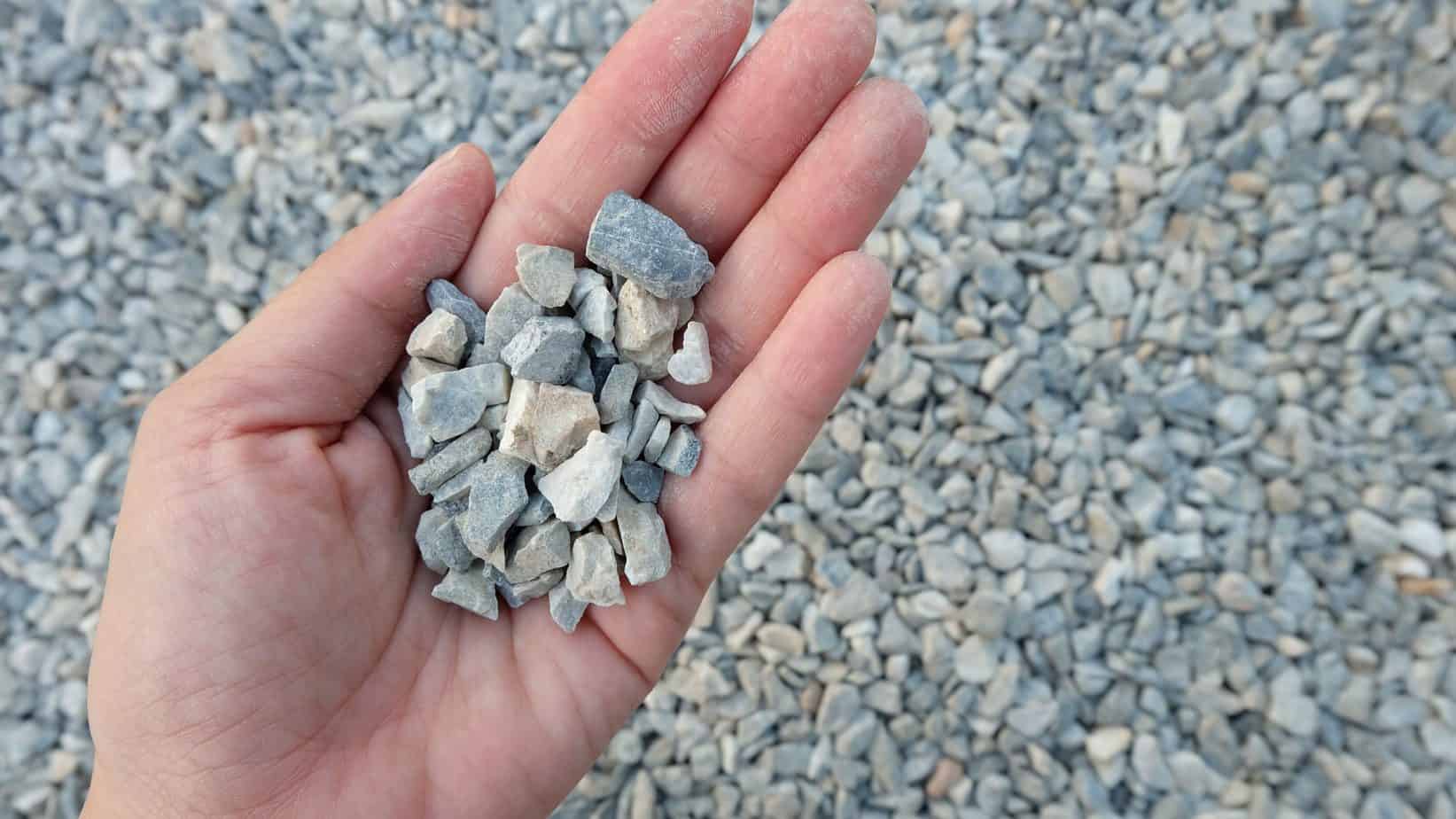

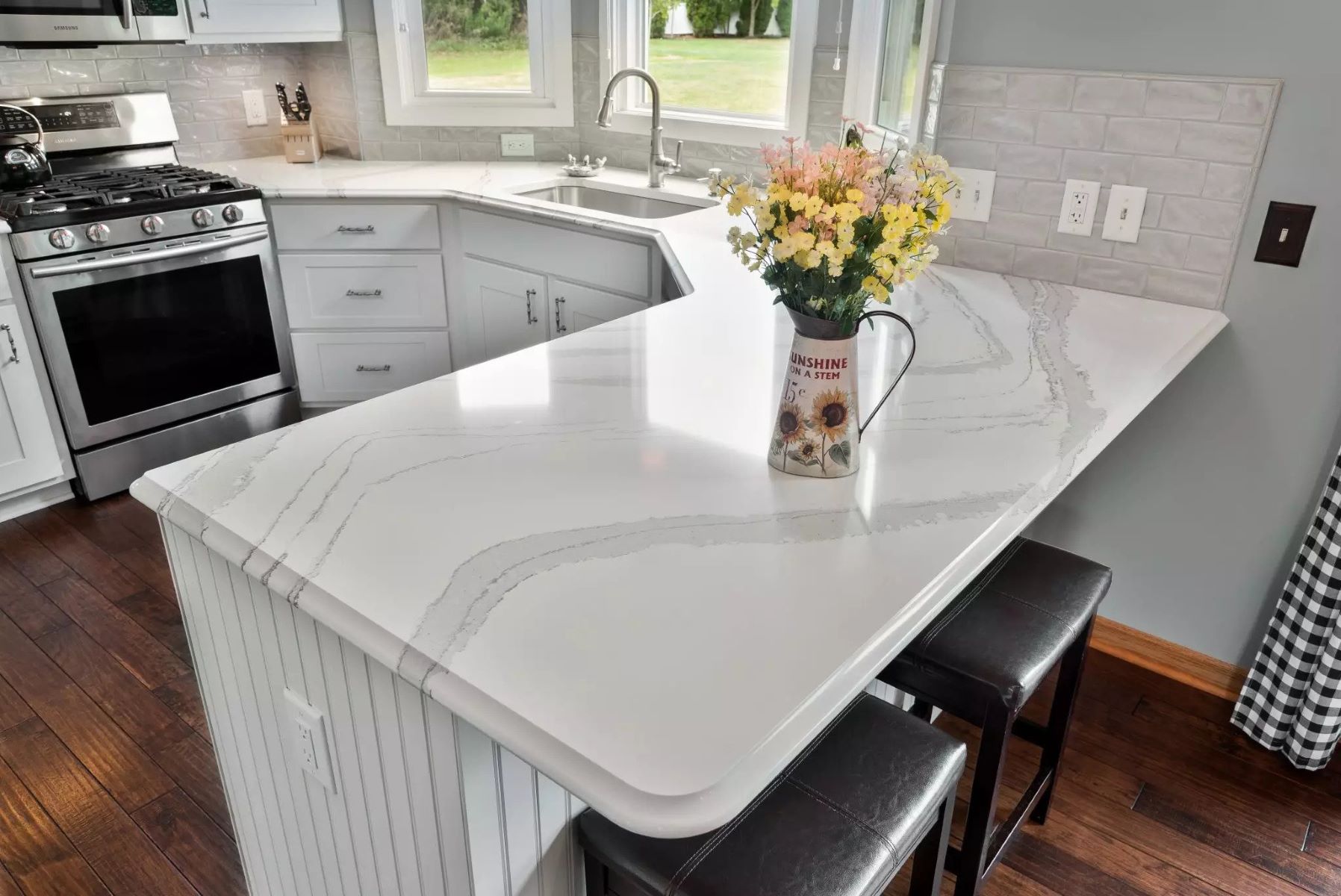
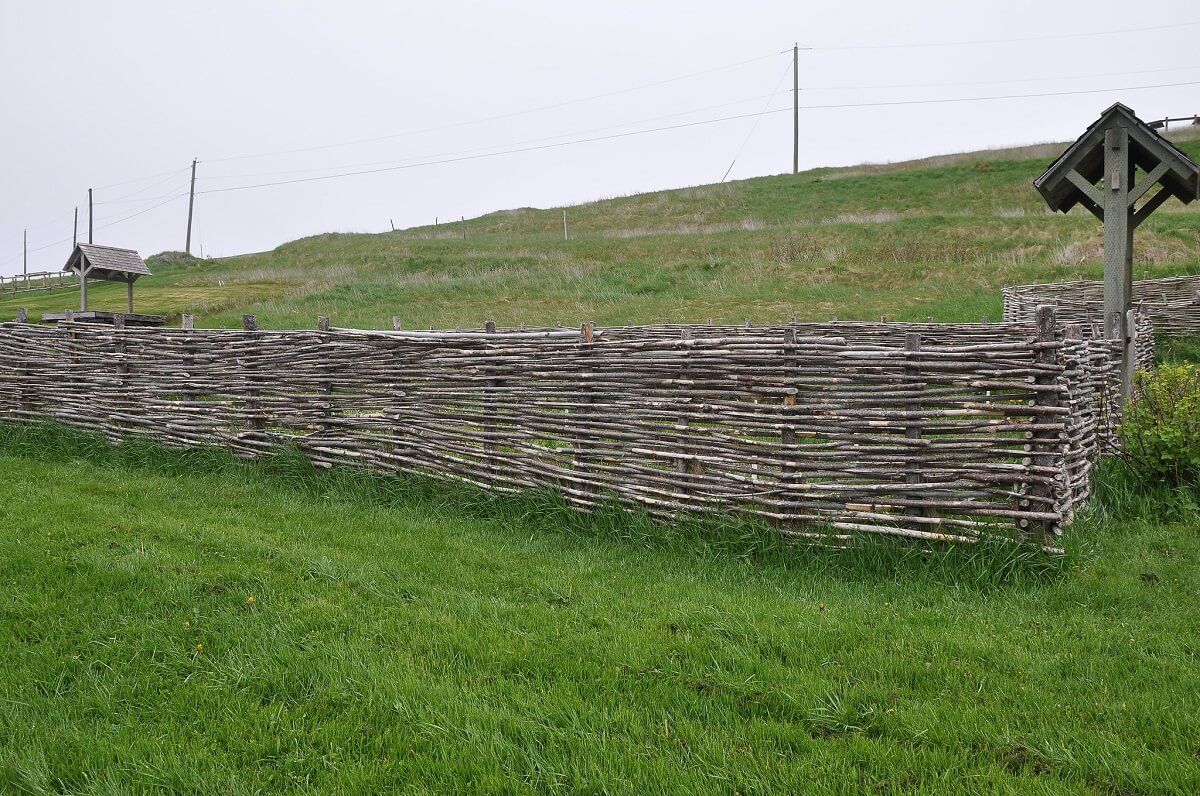
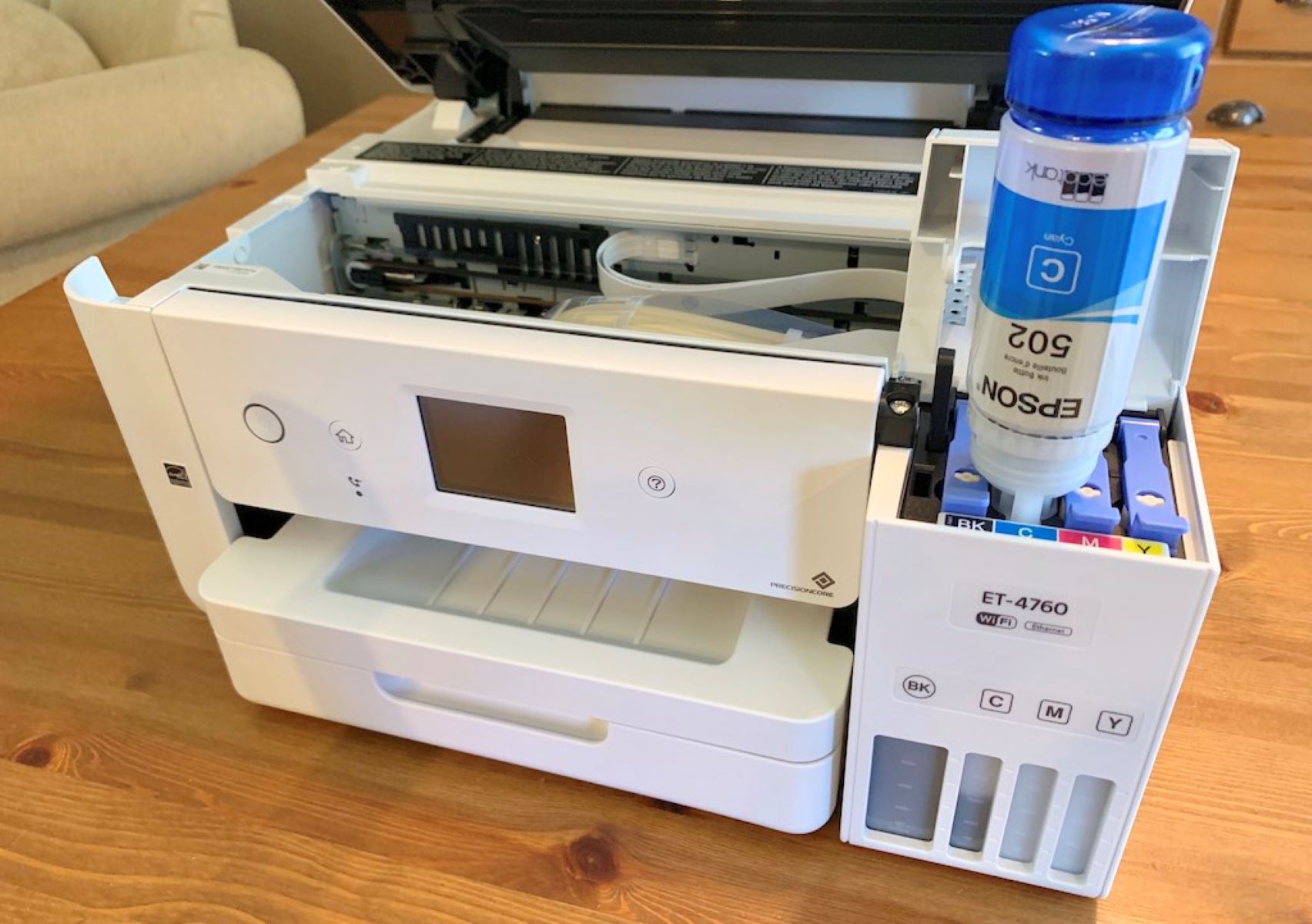
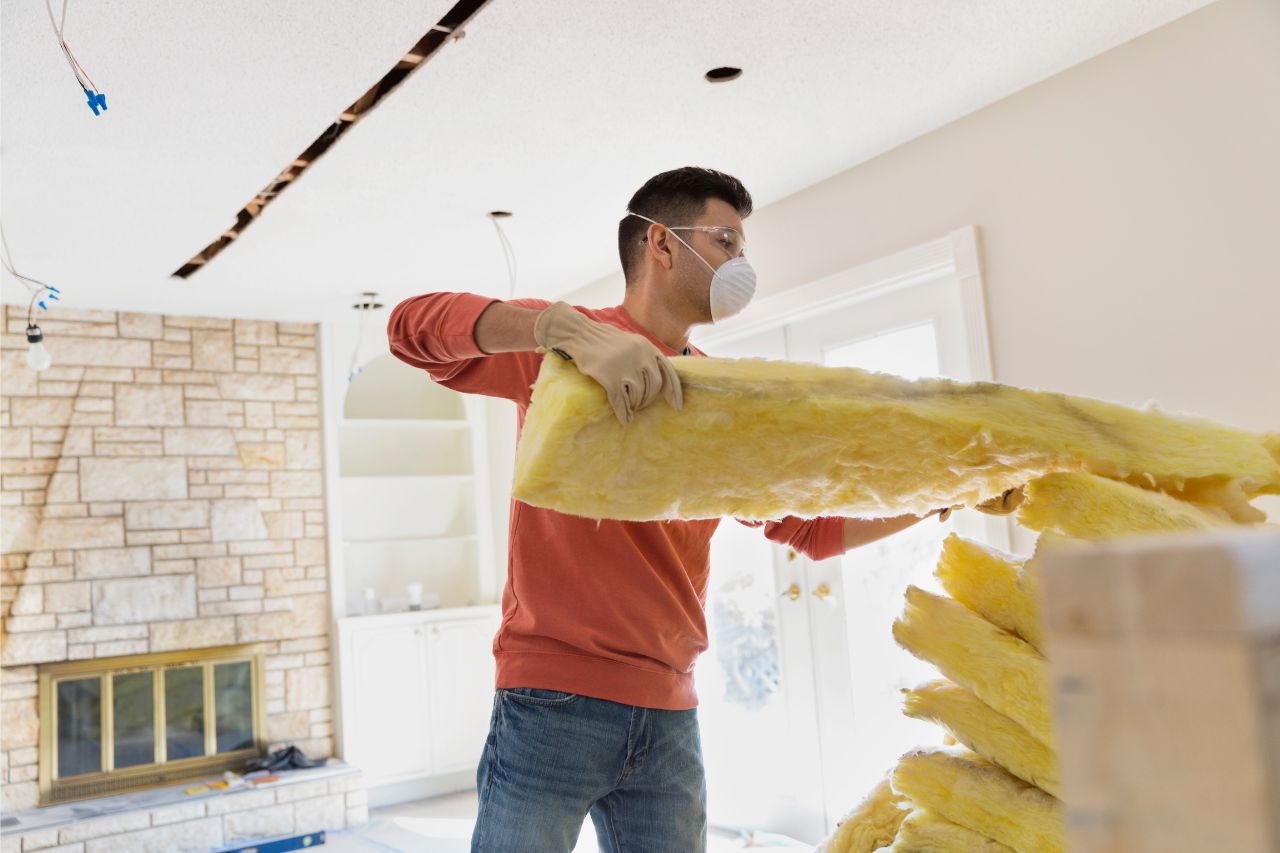
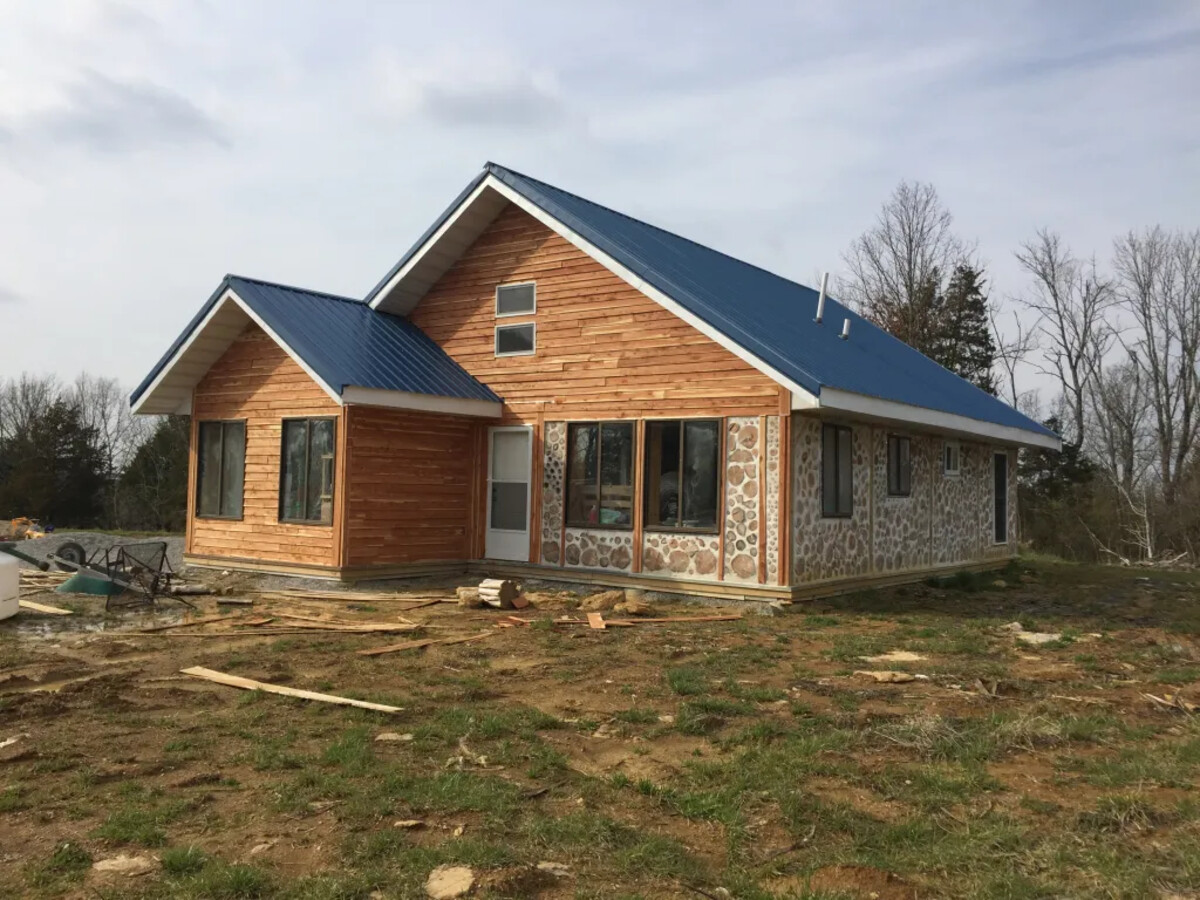

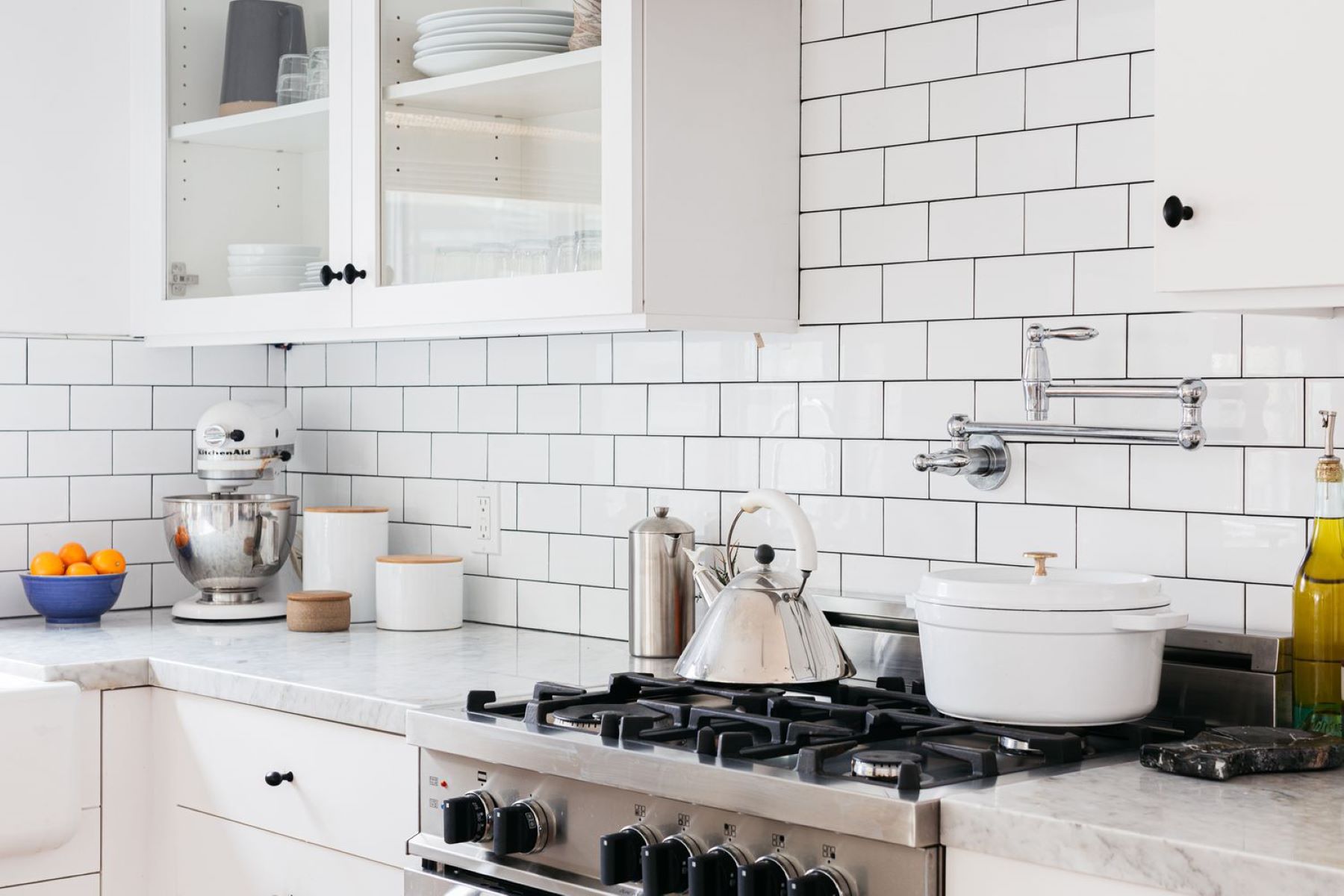
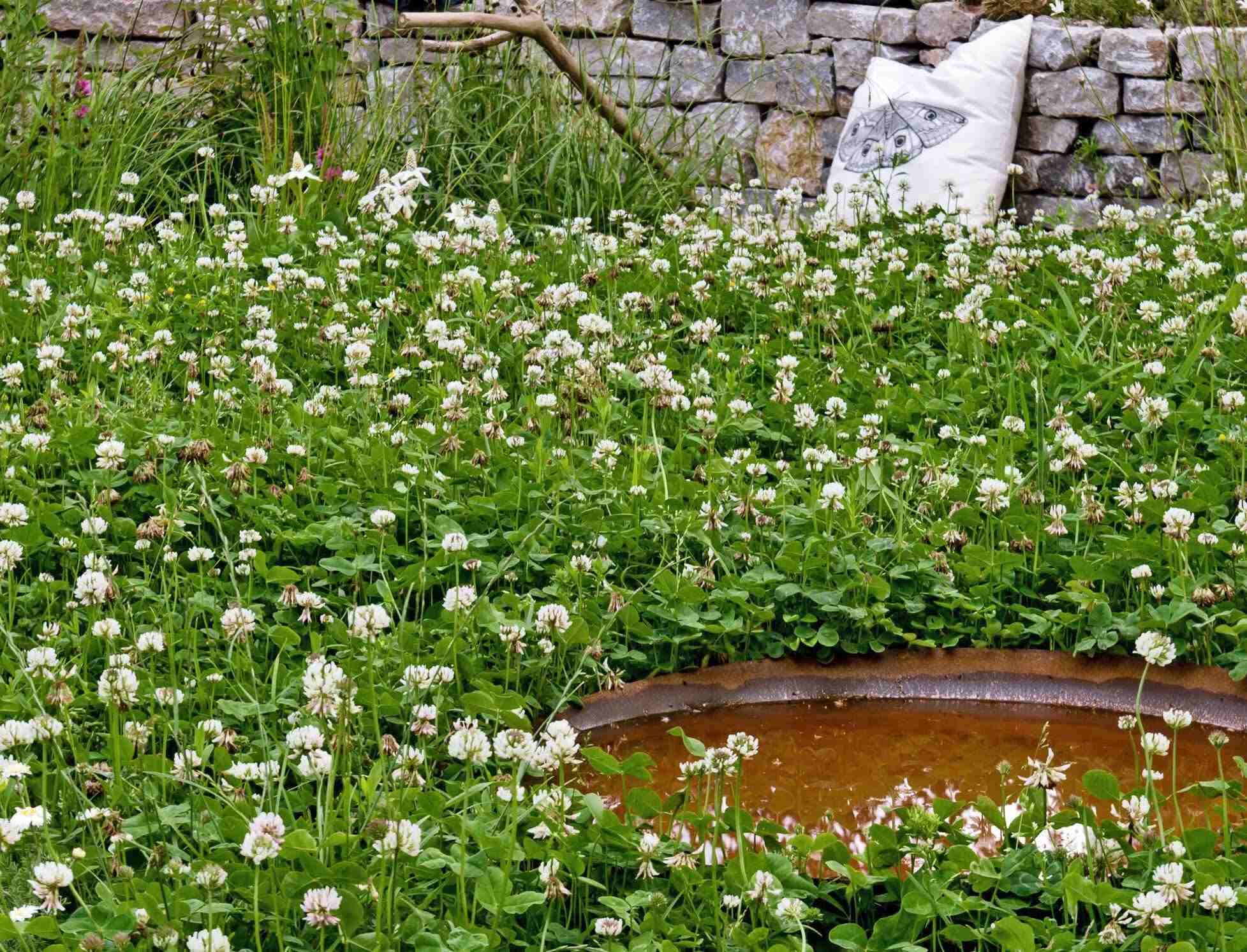
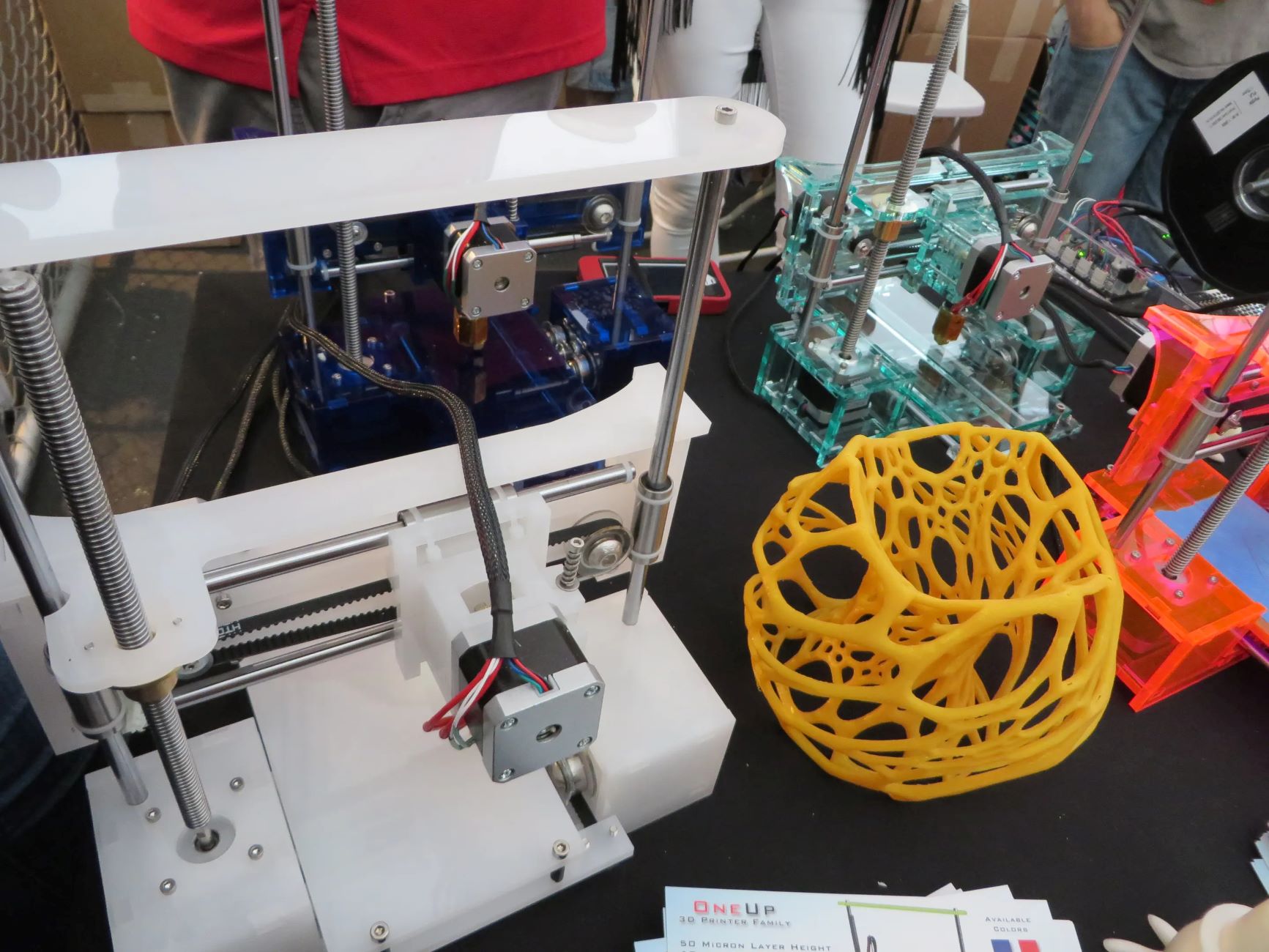

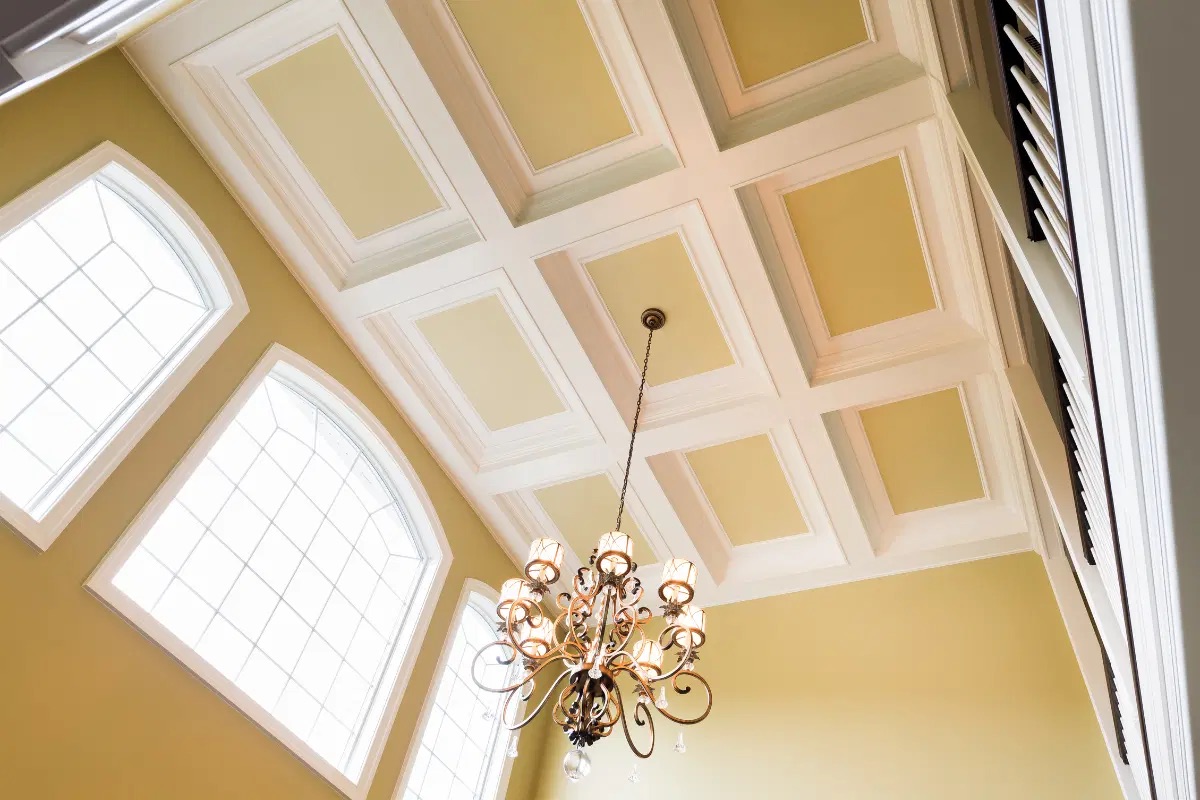


0 thoughts on “What Is The Cheapest Type Of Driveway?”